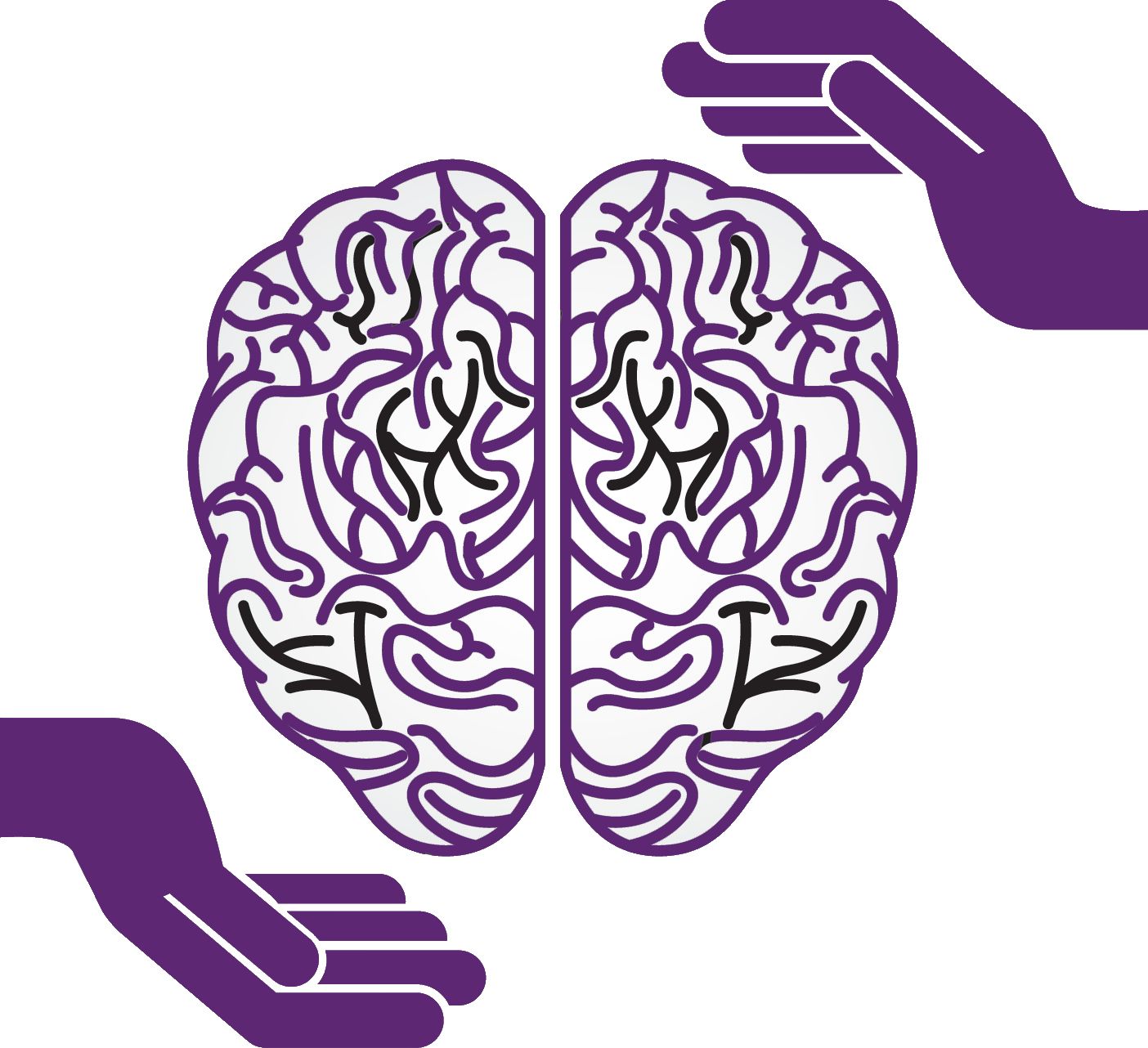Those previously and currently in military service are frequently married to a variety of mental health issues that can be near impossible to divorce. These illnesses are more insidious than their immediate impacts; they are constant saboteurs working to subvert any attempt at self-improvement. For those suffering, getting better takes a whole lot of work for what appears to not be a whole lot of reward at face value.

After all, hopelessness towards the future is a key symptom of depression.
An old Zen fable explains it succinctly, where a younger monk asks another how his recently attained state of enlightenment feels. The enlightened monk, turning to his companion with a soft smile on his face, replies, “I’m just as miserable as ever”. If this monk, who just attained the spiritual culmination of a lifetime of effort and meditation, concludes that’s he’s still as miserable as ever, what hope does the average person have? Spoiler alert: there is still plenty of hope, but it takes some time in understanding where that hope hides, even if it’s in plain sight.
To tackle this issue, I need to rely on a few academic terms to give justice to the issue at hand. The first is an idea dubbed ‘agency’ in cultural and linguistic anthropology. It is best described as the social and cultural pressures that either encourage or inhibit an individual’s ability to speak or act on an issue. It is a mouthful, similar to the equally cumbersome term Kairos, an idea taught in classic rhetorical studies that describes when it is proper and timely to speak on a subject.
Although they’re a bit unwieldy outside of a lecture hall, these concepts have a huge impact in describing the struggles that some communities face. For example, sexual assault victims in the United States are slowly, and rightfully, acquiring the agency to discuss their traumas, most notably in the #metoo movement of the last couple of years. Victims lack this agency in societies where said victims are shunned or prosecuted for speaking out against a perpetrator.
Understanding agency is understanding how so many people can suffer from depression, anxiety, and suicidal ideations while keeping those issues hidden from their closest friends and family.
Servicemembers and veterans are not immune to the effects of agency. One of the dastardliest results of depression is the loss of one’s perception of power to influence their circumstances. Life becomes fatalistic; choices don’t matter because all of the previous choices led to a situation where the future is bleak and the present is unbearable.
An especially cruel part of this loss of agency is in the inability to openly discuss mental health problems. It is one thing to suffer in solidarity, it is another beast altogether to bear the weight of intrusive and negative thoughts alone.
This is a, fortunately, improving situation in the Federal world, but it wasn’t that long ago where discussing behavioral issues was interpreted as a sign of weakness. Folks were especially damned if they worked in a secure environment; intelligence analysts, nuclear reactor operators, drone pilots, and other sensitive positions were forced to choose between their job and their mental well-being.
One of the most powerful periods in my own road to recovery was during a mindfulness working group that I attended for a few months. It was a diverse crowd of grunts and POGs, servicemembers across the table from spouses, and junior enlisted along with senior officers. There we were able to explore the scientific side of the concept of mindfulness and actively practice meditation. Mindfulness is perilously close to becoming a buzz word, but the concept of separating the thinking self from the being self is a powerful tool that western psychology is only starting to fully implement in treatment programs. The doctor in charge of the group frequently reminded us of the titular phrase from this post,
“With awareness comes choice”.
By actively bringing awareness to our negative thoughts and emotions we take away the immediate cause-and-effect reaction that normally cements those ideas into a bleak reality. We acknowledge that we don’t get to choose our emotions but, instead, we get to choose how we react to them.
So when our enlightened monk states that he is still miserable, we know why he is able to do so with a smile. It is because he is aware of his place in the world and has made peace with all of his emotions, even the ones that are unpleasant to experience. You don’t exercise because you have to, you do it because you know it feels good and helps maintain a healthy body and mind. You don’t take the rotating pallet of psychiatric meds because you have to, you do it because you trust your physician, that they’re doing what’s helping to make you better in the long run. You do nothing because you have to, the awareness of which is the first step in reacquiring your own agency in the world.
Thanks for reading! Getting better requires keeping a flexible toolbox that’s fitted to you. For me, mindfulness training and meditation helped me to regain my agency and start taking action in life. Do you have a specific tool that helps you hunt the good stuff? Leave a comment and let me know!
Congratulations @purpleveteran! You received a personal award!
You can view your badges on your Steem Board and compare to others on the Steem Ranking
Do not miss the last post from @steemitboard:
Vote for @Steemitboard as a witness to get one more award and increased upvotes!
Downvoting a post can decrease pending rewards and make it less visible. Common reasons:
Submit